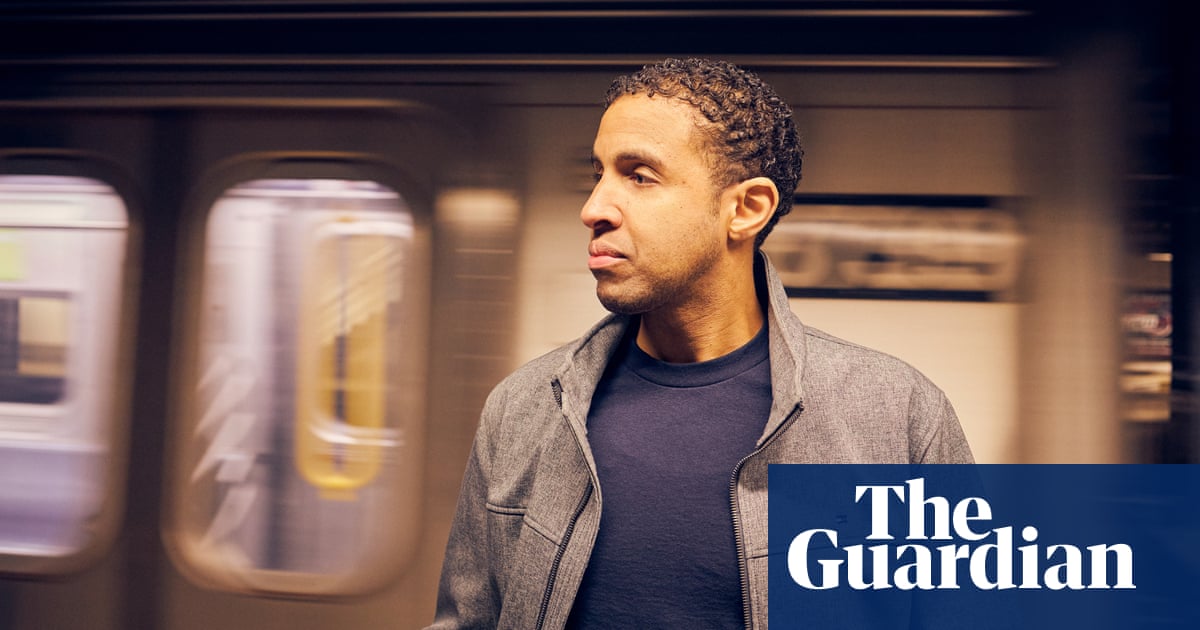
I had spent my life – 44 years – in Tegucigalpa, the capital of Honduras. Everything was there: my husband, our children, the street-side food stall that I own and have run for years.
It wasn’t an easy decision to leave, but my country has descended into anarchy. The maras (violent gangs) were demanding protection money from people like me every week. Young gang members, the same age as my teenage son, would come to take what I couldn’t afford. We needed to get out.
I made the decision to join my siblings in the Mexican city of Monterrey. I’d go alone at first, and once I was settled my family would join me. At least, that was the plan.
In September 2019, I left for Chiapas on Mexico’s southern border, but after two months there, my application for asylum in Mexico had made no progress. I was lonely, had no money, and a man I feared to be a gang member had started to follow me. Desperate, I decided it was time to stop waiting and instead catch El tren de la muerte – the death train. People looking to travel north jump aboard these notoriously dangerous cargo trains as they snake through Mexico to the border with the United States.
Riding the train isn’t easy. I’d heard stories of people dying as they clambered aboard their roofs, or crammed on to the small platforms that connect the carriages, which stretch out as far as the eye can see. But what choice did I have?
Chiapas is where the line starts, but you’ve got to be prepared to depart at any time; there’s no set schedule. I nervously waited in a park nearby. My small backpack was filled only with water, bread and a change of clothes: you have to be nimble. At 3pm we heard a whistle, our signal. I prayed as I, and about a thousand others, ran towards the train.
It took three days and nights of holding on, squashed tightly with a stranger on the small platforms, to arrive in Coatzacoalcos, our first stop. There wasn’t much time until our next departure, but my new friends and I were hungry. We stood on a bridge and ate, listening out for the whistle. When it came, though, La Migra (immigration police) stood by our train grabbing people. We decided to climb aboard another train farther down the line. It would be much more dangerous – we would have to board while it was still moving.
As soon as our path was clear, we rushed towards the train, its speed rapidly increasing. Everyone was scrambling to make it up, bumping into each other, desperately clinging on. I passed up my rucksack to a boy I recognised from the last leg and made a jump for it. That’s when I fell.
I woke up on the floor, confused and in pain. A crowd had gathered, but I had no idea what was going on. It took an hour for an ambulance to arrive, and in that time I tried as best I could to avoid looking down at my body. I knew something was wrong but I wasn’t prepared to see it. Migrants and Mexicans alike tried to cheer me up as I waited, but I just prayed through the panic. The next thing I remember is waking up in hospital after having had an operation: both my legs had been amputated.
Sedated, I asked the nurse to call my sister in Monterrey to explain what had happened: the train had run me over, and my legs were immediately crushed. A day or two later she arrived at my bedside, looked me up and down, and started to smile. She hugged me and whispered: “You’re alive here with us, that’s what matters. You might not have your little feet, but we still have you.”
I’ve spent the last three months in a recovery house in Coatzacoalcos, healing, learning and adjusting. My son has come to support me, and I hope my other children will soon follow him here to study. In March, my husband died in an accident which means, despite everything, I’ll have to fight twice as hard. I want to start a YouTube channel to help people who’ve gone through what I have. I need help to get a good pair of prosthetics – at the moment I still can’t walk. Because of Covid-19, my support from Médecins Sans Frontières is taking place via phone.
I don’t know how quickly I’ll recover, or if I’ll ever get my papers. But I still hope that one day, God permitting, I’ll make it to Monterrey to be with my family.
• As told to Michael Segalov.
Do you have an experience to share? Email experience@theguardian.com












